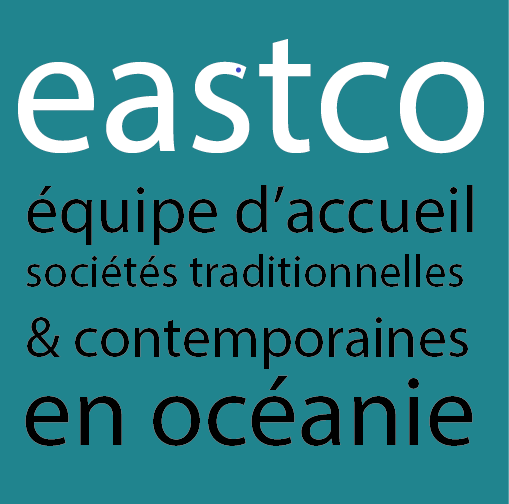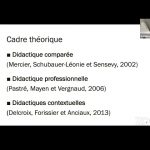The challenges of multilingualism and language education - an Australian perspective
Session plénière
Date : 28/04/2021
Zoom : Zoom 1
Conférenciers
John HAJEK
j.hajek@unimelb.edu.au
Australia is a highly diverse multilingual society that is nevertheless strongly monolingually English-speaking. It, like Anglophone countries everywhere, faces the challenge of recognizing the value of multilingualism as well as of language teaching for all students. English is so powerful globally that native English-speakers often see little or no need to learn other languages or to support the maintenance of other languages. The global domination of English as well as a strong monolingual mindset in favour of English combine together to make it easy for many Australians (as well as many other English-speakers elsewhere) to think that it is only natural that everything should happen in English (if this is not already the case) and that it should logically be experienced and understood in English. This mindset is a paradox, given Australia is extremely linguistically. Changing this mindset is one of the most pressing challenges standing in the way of successful language learning in this country. In this talk I outline specific examples of the many different issues and challenges language educators in Australia face and have to deal with – both within schools but also more broadly in society. I also give examples of the kinds of arguments that need to be made in response to support multilingualism and language education in this country. I also argue that a positive approach is more likely to change minds and attitudes.



